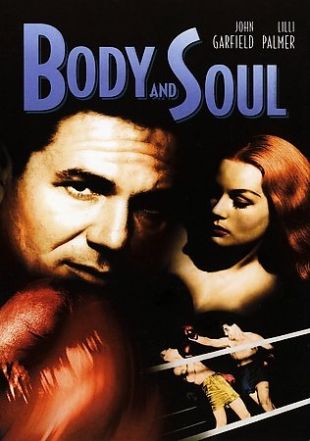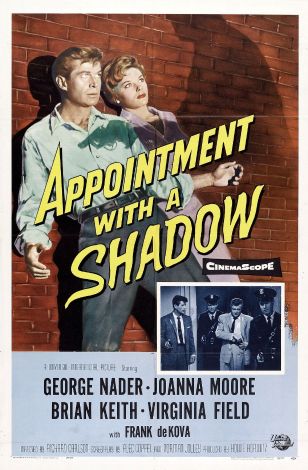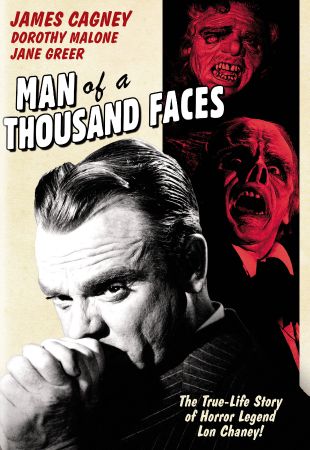Joseph Pevney may not be the first name that one thinks of in terms of record-breaking movies, but the actor-turned-director -- who had a pretty considerable stage career before turning exclusively to the movies in the second half of the 1940s -- was responsible for some of the highest-grossing movies in the first four decades of Universal Pictures; and between and around them, he was one of the most reliable filmmakers in Hollywood, a touch he didn't lose when he jumped to television in the second half of the 1960s. He was a director with a widely recognized knack for making something substantial out of very little script, which proved a priceless gift on both the large and small screens. Joseph Pevney was born in Manhattan in 1911, the son of a watchmaker and amateur songwriter. He was a natural performer and made his debut at age 12, in 1924, as a boy soprano, in vaudeville. In those days, kid acts had a novelty value, but among the practitioners were a few genuine prodigies who had what it took to extend their career into adulthood -- Alfred Newman was one on the piano, and Joe Pevney was one as an actor. He hated vaudeville and intended to become a doctor, even becoming a pre-med student at New York University, but by then he couldn't escape the lure of the theater. He was soon devoting his energy to directing varsity dramatics and before graduation ever became an issue, he was an assistant stage manager and bit player on Broadway. His first professional appearance on stage as a serious actor was in Johnny Johnson, and he subsequently appeared in such major plays as The World We Make, Key Largo, Golden Boy, and Native Son.
Pevney juggled his acting and directing work throughout the 1930s, and it was while directing in a summer theater in Iveryton, CT, in 1939 that he first met Mitzi Green, an actress who'd been working from an even earlier age and had lately made her Broadway debut. They were married in 1942 and had two children who they raised in a successful bi-coastal life, keeping a home in the San Fernando Valley and one in Flushing, Queens. Pevney's career was interrupted by World War II, which took him to Europe as a staff sergeant in the U.S. Army Signal Corps. He was also in the 1944 revival of Counselor at Law on Broadway starring Paul Muni, playing Harry Becker, the injured, wild-eyed communist agitator (played by Vincent Sherman in the movie). His last major stage appearance was in Home of the Brave, in which he played Coney. Pevney made his big-screen debut in 1946, in Edwin L. Marin's crime thriller Nocturne starring George Raft and Lynn Bari, and the following year played a major co-starring role with John Garfield and Lilli Palmer in Robert Rossen's Body and Soul (1947). He was in a couple of more very good movies, including Jules Dassin's Thieves' Highway (1949) and his own Outside the Wall (1950), before he gave up acting permanently in favor of directing. He was signed up at Universal and proved to be a dual-threat director, very good with actors -- obviously as a result of his years of experience on stage -- and yet was also well able to set up and bring off an action scene on budget and excitingly.
Pevney worked with such future stars as Rock Hudson (whom he initially did not want) in the movie The Iron Man, Mamie van Doren, and Frank Sinatra when he was still trying to prove that he could be a serious actor, and did well with and by all of them. He was equally good at drama, comedy, thrillers, and costume epics, but he seemed to have special success -- in terms of the acting that resulted -- working with Tony Curtis (in Six Bridges to Cross) and Jeff Chandler. He and Chandler, with George Nader and Richard Boone in supporting roles, proved an unbeatable combination in Away All Boats, which became the highest grossing movie in the history of the studio up to that time. He followed that grim, intense war drama up barely a year later with a gentle, lyrical, romantic, and seductive Tammy and the Bachelor (1957), which was not only a huge hit but also yielded a string of sequels (none directed by Pevney). He was not a great stylist, but for reasons that even they themselves don't understand, the French film critics liked his movies anyway, and if American critics were less accommodating, the American public expressed their approval of his work by turning it into a string of hits. He moved into television during the 1960s and directed dozens of episodes of Bonanza and some of the most popular episodes from the first and second seasons of Star Trek, including "Arena," "Amok Time," "The Trouble With Tribbles," and "The Immunity Syndrome," before turning to directing made-for-television features. Pevney retired in the 1980s, but his best movies and television episodes have continued to find new life on cable television and DVD releases well into the 21st century. He died in 2008 at age 96.


